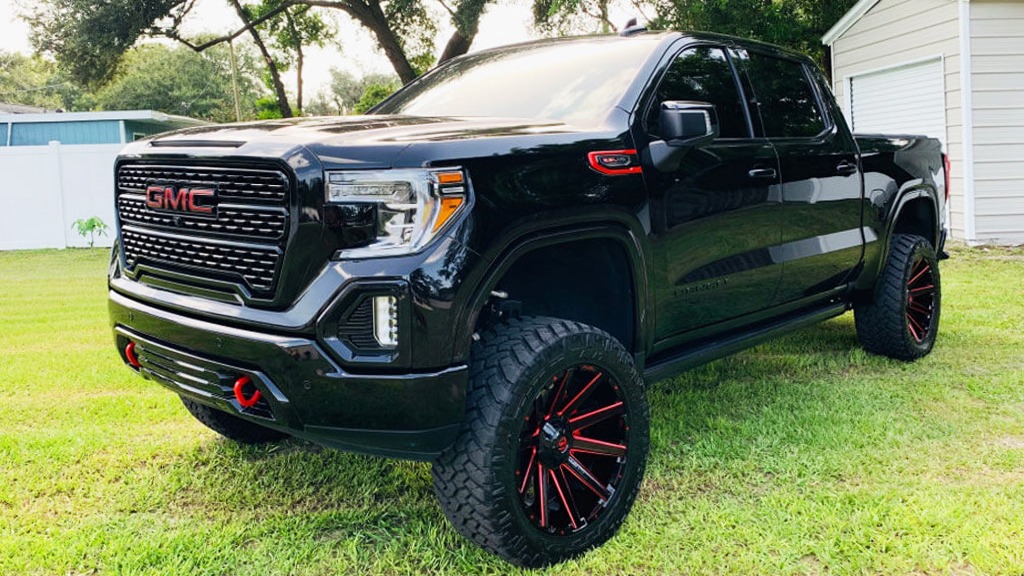An excellent trip, whether for business or leisure, often relies on the freedom and flexibility that comes with having your own transport.
Securing the right car rental is more than just picking the cheapest option; it involves a careful assessment of several factors that will impact the comfort, cost, and overall experience of your journey.
A well-chosen vehicle ensures you are prepared for the terrain, the number of passengers, and any unforeseen circumstances.
By considering the practicalities of your travel plans and the fine print of the agreement, you can avoid unexpected expenses and enjoy a seamless driving experience.
Vehicle Size and Suitability for the Trip
The first and most important consideration for any car rental is selecting a vehicle that matches your specific needs. Think about the size of your traveling party and the amount of luggage you will be carrying.
A compact or economy car is ideal for solo travel or a couple exploring urban areas where parking is tight and fuel efficiency is paramount.
Conversely, a larger group or a journey involving extensive gear, such as camping equipment or bulky suitcases, will necessitate an SUV or a minivan.
Consider the terrain, too; a four-wheel drive might be essential for mountainous or unpaved roads, while a standard sedan suffices for highway travel.
Understanding the Total Cost and Fees
The advertised daily rate for a car rental is rarely the final price. It is critical to scrutinize the full cost structure to budget accurately. Look out for mandatory additions like local taxes, airport surcharges, and licensing fees.
Furthermore, be mindful of extra charges for optional items such as GPS navigation systems, child seats, or adding an extra driver. Some providers also charge a penalty for drivers under a certain age.
Always ask for a detailed, itemized quote to ensure transparency and avoid unwelcome financial surprises upon vehicle pickup.
Insurance and Coverage Options
Navigating the various insurance and coverage options is often the most confusing part of securing a car rental. You must determine if your personal auto insurance policy or the credit card you are using to book the car offers sufficient coverage for collision damage, theft, and third-party liability.
Rental agencies offer their own insurance products, such as a Collision Damage Waiver (CDW), but these can be costly.
Thoroughly assess your existing coverage and the rental company’s offerings to decide what additional protection, if any, is necessary for your peace of mind and financial security.
Fuel Policy and Mileage Limits
Every car rental agreement outlines a fuel policy, and understanding it can save you money. The most common and generally most economical policy is “full-to-full,” where you receive the car with a full tank and must return it full.
If you opt for the company to refuel, you will almost always pay a premium rate per liter. Additionally, check the mileage limit.
While many holiday rentals offer unlimited mileage, some cheaper deals impose a daily cap, with a substantial fee per kilometer or mile over the limit. This is a crucial detail for anyone planning a road trip.




